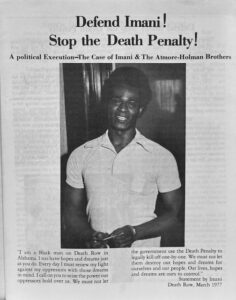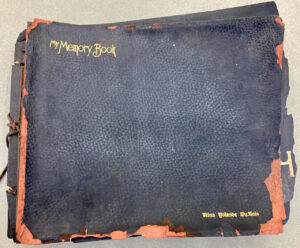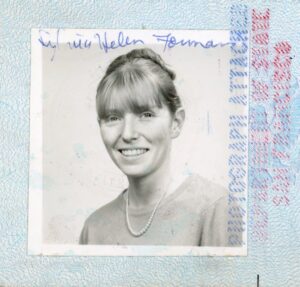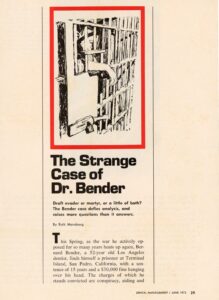Since 1987, Michael and Carrie Kline have written, documented, and championed the stories of everyday people. Using the written word, documentary film, oral history, audio recordings, and podcasts, the Klines have documented immigration, Appalachian culture, war tax resistance, the Underground Railroad, gender, and more in various locales throughout the United States.
Michael Kline and Carrie Nobel first met in western Massachusetts at a human rights rally to support Randy and Betsy Kehler, who had recently lost their home to the IRS after refusing to pay war taxes. The two soon discovered a shared love of social activism, folklife documentation and old-time singing. At the time, Michael, who had earned his Ph.D. in Public Folklore from Boston University, was staff folklorist for the Pioneer Valley Folklore Society (PVFS) conducting field research documenting changes to the Connecticut River Valley. Carrie, who received her Master’s Degree in American Studies from SUNY/Buffalo, was an organizer and events planner for the Institute for Community Economics helping to create affordable housing through community land trusts and had recently completed a degree in the politics and cultures of the U.S. at the University of Massachusetts Amherst.
Throughout their 40 year career, Michael and Carrie have worked with communities in Maine, Pennsylvania, Maryland, Massachusetts, North Caroline, and West Virginia. These projects have been produced under the Talking Across the Lines umbrella, which began as a 22-part radio series of fifteen-minute programs about the people, neighborhoods, and industries of Wheeling, West Virginia, and is now an ongoing podcast. They have received grants to document the stories of people and places for folklife societies, museums, municipalities, and educational institutions. They also offer workshops in “Listening for a Change,” which describe alternative approaches to conducting meaningful field research.
The Carrie and Michael Kline Collection contains several dozen analog and digital recordings on a variety of topics and people related to Western Massachusetts history including this histories of Deerfield and Northfield, the Quabbin towns, Kelly School in Holyoke, Wally and Juanita Nelson, and outsider art. There are also interviews with people from Orange, Shelburne, Sandisfield, Puerto Rico, Erving, and other places on a variety of topics including: family, culture, singing traditions, music, poetry, and activism. The collection also includes notes, release forms, grant applications, production notes, and recording logs. The Klines also have a collection of material at Berea College in Kentucky. A portion of that collection related to western Massachusetts was deaccessioned by Berea in 2024 and added to this collection.
Donated by Carrie and Michael Kline, 2024-2025






